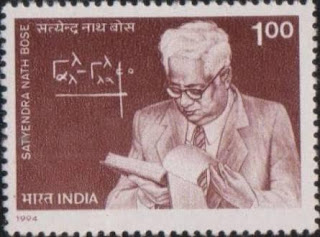You may not immediately notice them in the room, but they could be the
ones who captivate you with their magnificent storytelling skills. Introverts,
with their rich inner world, are known to be thinkers, reflective, self-aware,
good communicators, but re-charge their batteries in their own company.
World Introvert Day was created by German psychologist Felicitas Heyne
who frequently wrote on introversion. He felt introverts deserved a quiet day
after the marathon of holiday and celebrations that started with
Thanksgiving/Christmas and ended on the New Year's Day. The Day could help them
recharge and prepare themselves for the days ahead.
Mahatma Gandhi and Abraham Lincoln, were among world renowned introverts.




























